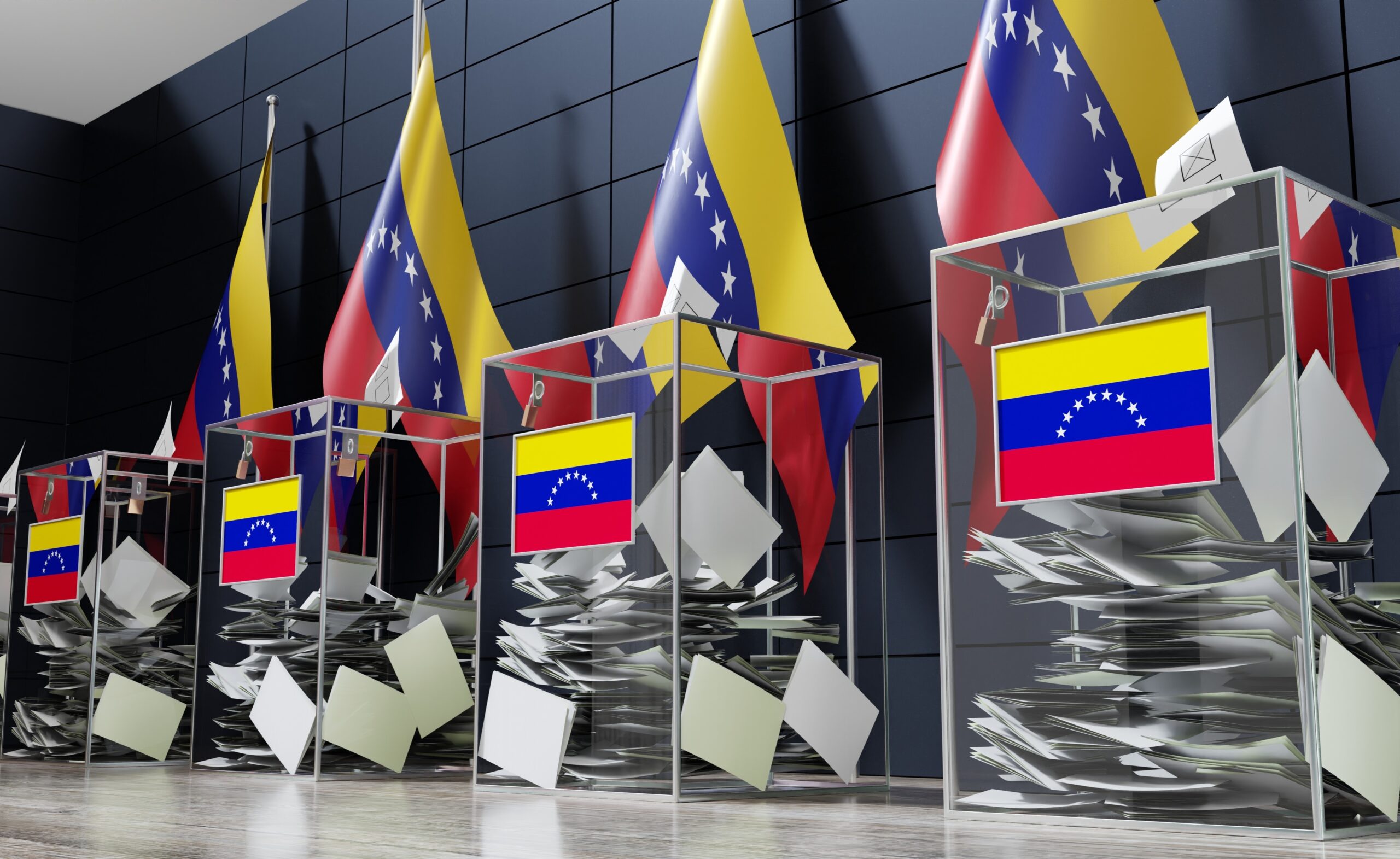Ruling Party projected to secure a strengthened legislative majority in elections to renew the National Assembly

On May 25, Venezuela will elect the 285 deputies who will constitute the National Assembly for the 2026–2031 term. For the first time, eight seats corresponding to the Essequibo region (a territory disputed with Guyana) will be included, despite the International Court of Justice’s opposition.The measure has been interpreted as a political gesture by the ruling party to assert sovereignty and escalate diplomatic tensions.
With the opposition Plataforma Unitaria Democrática (PUD) excluded from the process, Chavismo holds a significant advantage. Preliminary projections suggest that the ruling party could secure between 200 and 230 seats, consolidating an absolute majority capable of passing organic reforms without the need for negotiation. Control over state resources, the design of the electoral system, and a fragmented opposition all work in favor of the Partido Socialista Unido de Venezuela (PSUV), which is on track to reaffirm its parliamentary control for another term.
Chavismo bets on loyalty in its candidate list
Chavismo has presented a candidate list led by key figures from the presidential inner circle, including Jorge Rodríguez, current president of the Assembly; Cilia Flores, Maduro’s wife; Nicolás Maduro Guerra, the president’s son; and Jorge Arreaza, former foreign minister. The composition reflects a loyalty-based structure aimed at safeguarding Maduro’s political project.
A divided opposition with little room to act
On the opposition side, leaders such as Henrique Capriles, Stalin González, Luis Emilio Rondón, Tomás Guanipa, and Henri Falcón will run, grouped into various alliances that lack strategic cohesion. This parliamentary bloc could secure between 40 and 60 seats, but without any real chance of shaping the legislative agenda or providing an effective check on institutional power
